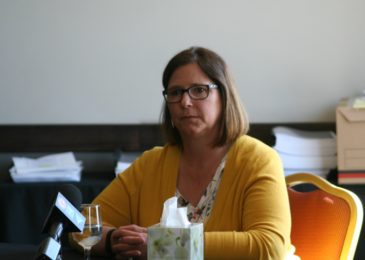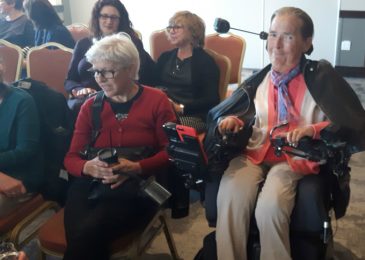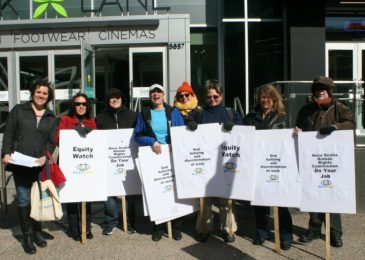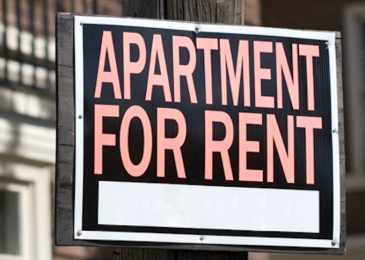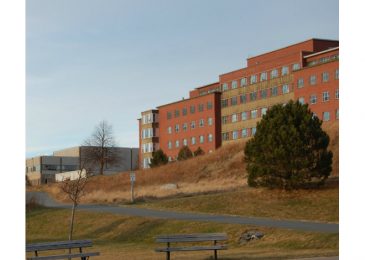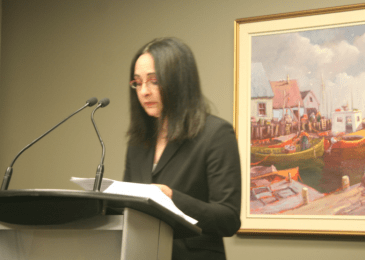‘Quest is a warehouse, I stand by that,’ parent tells human rights enquiry
And another day at the human rights inquiry into the lack of supportive housing for people with disabilities. Two mothers talked about the horrors of institutionalization, in particular the circumstances at Quest in Lower Sackville. Wendy Lill mostly talked about policy issues relating to the disabilities roadmap, a government policy document written at that brief point in time when community advocates had some real hopes that things would get better, only to be disappointed once again.

